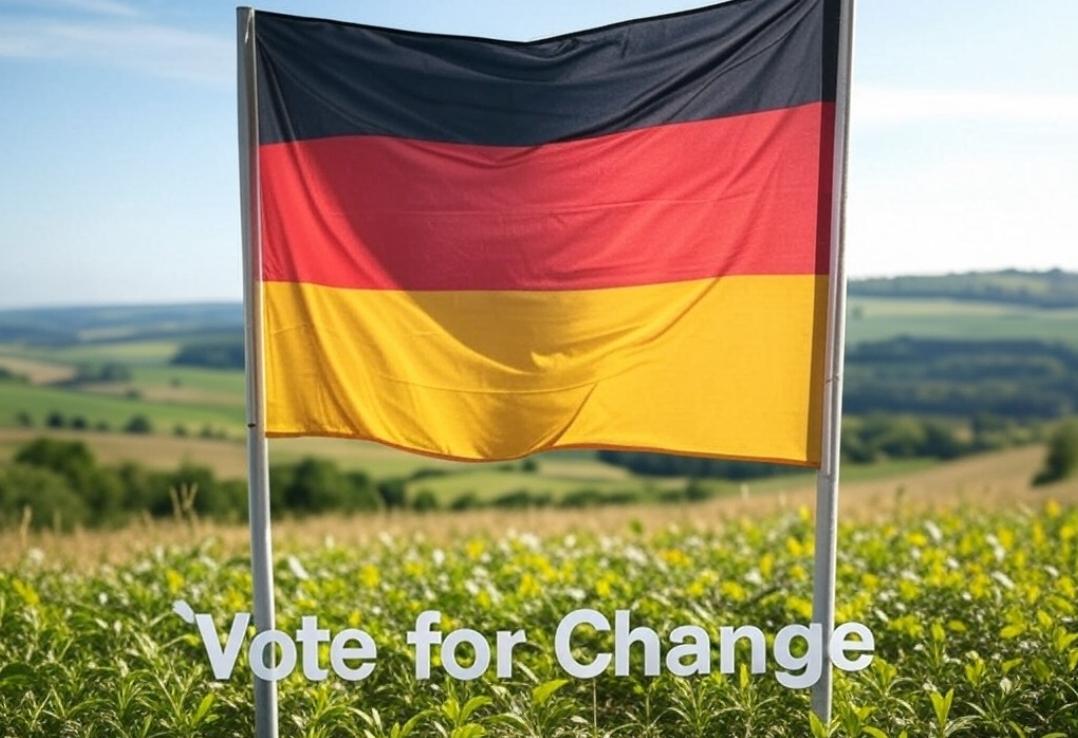
In a significant political shift, Germany's conservative bloc, led by Friedrich Merz, has emerged victorious in the national parliamentary elections held on February 23, 2025. Exit polls indicate that the Christian Democratic Union (CDU) and its Bavarian sister party, the Christian Social Union (CSU), secured approximately 29% of the vote. The far-right Alternative für Deutschland (AfD) achieved a historic surge, capturing about 20% of the vote, nearly doubling its previous share and marking the strongest performance by a far-right party in Germany since World War II. Chancellor Olaf Scholz's center-left Social Democratic Party (SPD) faced a significant defeat, projected to finish third with approximately 16% of the vote, marking its worst postwar result. The environmentalist Greens garnered around 13.5% of the vote, while the Left Party secured between 8.5% and 9%. The pro-business Free Democrats (FDP) and the newly formed Sahra Wagenknecht Alliance (BSW) hovered around the 5% threshold necessary to enter parliament. Voter turnout was notably high, reaching 86%, the most substantial participation since German reunification.
Friedrich Merz, a former banker with no prior government ministerial experience, is poised to become Germany's next chancellor. Despite his party's refusal to form a coalition with the AfD, Merz's reliance on far-right support in parliament has sparked significant debate. The election was influenced by economic concerns, migration issues, and geopolitical uncertainties, particularly regarding Ukraine and the future of EU-US relations. The collapse of Scholz's coalition government in 2024 led to the early election. Coalition-building will be necessary, with Merz's CDU emphasizing that no collaboration with the AfD will occur. The SPD has acknowledged the defeat as historic and emphasized the bitterness of the evening for the party.
Notably, the AfD's surge was bolstered by high-profile endorsements, including that of tech entrepreneur Elon Musk. In December 2024, Musk expressed his support for the AfD through a guest opinion piece in the German newspaper Welt am Sonntag, praising the party's economic policies and cultural stance, and referring to them as Germany's "last spark of hope." He further reinforced his endorsement by making a virtual appearance at an AfD rally in January 2025, alongside party leader Alice Weidel, where he described the AfD as the "best hope for Germany" and urged the nation to move beyond "past guilt." Musk's involvement has sparked controversy and debate within German political circles and the broader public.
As Germany navigates this new political landscape, the formation of a stable government remains a priority to address the pressing economic and geopolitical challenges ahead.




